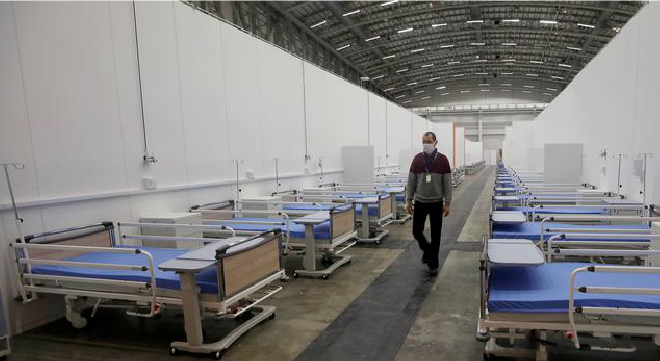National Treasury has put National Health Insurance (NHI) on the backburner because of the slow progress in getting the project off the ground.
In the Medium Term Budget Policy Statement, Treasury said there was “insufficient capacity in the health sector to work substantively” on NHI. The NHI indirect grant (which funds most NHI projects) has been underspent, the NHI Fund has not been established, and Parliament still has to pass the NHI Bill.
“It is therefore unlikely that NHI will be a significant cost pressure in the medium term.”
The MTBPS said a limited costing of NHI has previously shown that it would require about R40 billion a year in additional funding in the first five years, and perhaps considerably more over time.
BusinessDay quoted Treasury’s acting head of the budget office, Edgar Sishi, as saying: “The existing provisions for NHI, including the conditional grant, have not been spent. The movement isn’t there. It is unlikely that will change, because [it requires] some fairly significant institutional arrangements to occur in the health sector, and that is nowhere near happening at this point […] Money can’t just move.”
The MTBPS proposes reducing the NHI indirect grant by R308.3 million in the 2021/22 financial year, from R1.34bn to R1.03bn. It proposes shifting R310.6m to other departments/accounts, but an additional allocation of about R2.2m for NHI salaries.



